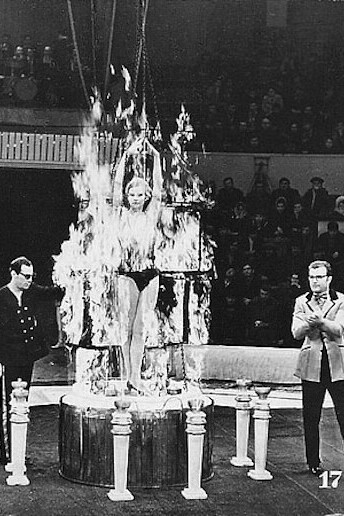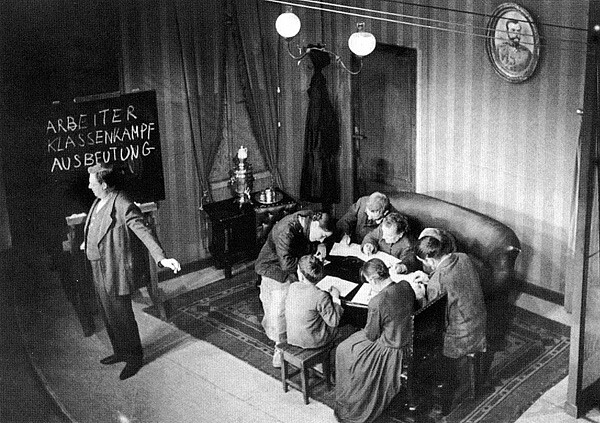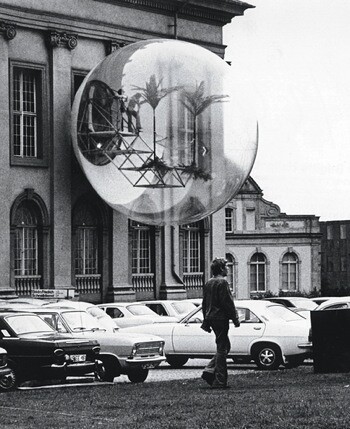Unlearning


“What is education; what are its means and ends; and when is it time to reexamine and reimagine current educational practices?” In so many situations last year, during the centenary of the Bauhaus, researchers, curators, professors, and intellectuals asked themselves these questions. In our uncertain present we need to understand the practice of unlearning—the value of a counter-knowledge to propose new attitudes. We can’t engage ourselves in a persistent hyper-presence. We need to vote for an (im)possible position.
Free love and camaraderie were at the core of Kollontai’s thinking, for her novels and essays describe love as a force that frees one from bourgeois notions of property. As an influential figure, a rare woman in the Bolshevik Party leadership, and commissar for social welfare in their first government, she not only set up free childcare centers and maternity houses, but also pushed through laws and regulations that greatly expanded the rights of women: divorce, abortion, and recognition for children born out of wedlock, for example. She organized women’s congresses that were multiethnic in the way the young Soviet Union practiced controlled inclusion, following Western models. At the time, these were unique measures that were soon overhauled by Stalin, who did not appreciate any attempt at ending what Kollontai called “the universal servitude of woman.”
In one of his treatises, Malevich writes about the difference between artists and physicians or engineers. If somebody becomes ill, they call a physician to regain their health. And if a machine is broken, an engineer is called to make it function again. But when it comes to artists, they are not interested in improvement and healing: the artist is interested in the image of illness and dysfunction. This does not mean that healing and repair are futile or should not be practiced. It only means that art has a different goal than social engineering.







